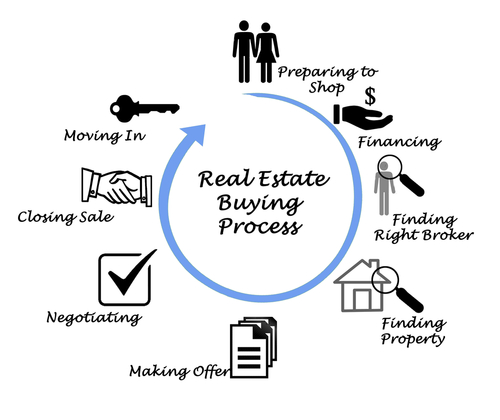Most borrowers want the lowest possible mortgage interest rate. This is why they work to improve their credit scores before applying for a home loan and comparison shop. But these aren’t the only ways to find the most favorable rate – borrowers can also reduce their mortgage rate by paying discount points.
Discount points are optional, but offer a practical way to reduce the interest rate on a home loan. A cheap rate lowers the amount of interest paid over the life of a home loan, plus borrowers can enjoy a lower monthly payment. Although discount points are helpful, buying points isn’t the right choice for everyone.
Each borrower has to count the cost and then decide whether discount points makes sense for their situation.
What is a Discount Point and How Does It Work?
A discount point is a type of upfront prepaid interest paid to a mortgage lender in exchange for a lower mortgage rate.
For every discount point you buy, you receive (on average) .25% on your interest rate. If you apply for a home loan and the lender quotes a rate of 4%, paying two discount points can reduce your interest rate to 3.50%.
Paying discount points is attractive, especially if you need a lower interest rate and a lower monthly payment. But discount points aren’t cheap – and certainly aren’t free. Each discount point costs 1% of the loan balance, and this fee is included in your closing costs. Let’s say you’re financing $200,000 for a home purchase and you want to buy two discount points. In this scenario, you’ll pay $4,000 upfront.
Some lenders wrap closing costs into the mortgage loan, which means you don’t have to pay out-of-pocket for discount points. But even if you’re not shelling out money at the closing table, you have to do the math to determine whether discount points make sense from a financial standpoint.
To decide whether you should or shouldn’t purchase discount points, there are three factors to take into consideration: how much you’ll save monthly with a lower interest rate, how much you’ll pay for each discount point, and how long you plan to live in the home.
If you’re borrowing $200,000 and you buy two discount points to reduce your interest rate from 4% to 3.50%, you’ll pay an extra $4,000 in closing costs. If you have a 30-year fixed-rate mortgage, the difference in your mortgage payment at 4% and 3.50% is approximately $55 a month.
For discount points to make sense, you’ll have to live in the house long enough to break even or recoup the cost of buying the discount points. Since a cheaper interest rate saves $55 a month and you paid $4,000 for two discount points, you’ll have to live in the home for a minimum of 72 months (or six years) to justify the extra expense.
It’s difficult to predict where you’ll live in the next few years. As a rule of thumb, if you don’t foresee living in the property long-term, it might be cost-effective to skip discount points. On the other hand, if you know you’ll live in the home long-term, paying discount points can result in significant savings over the life of the loan.














